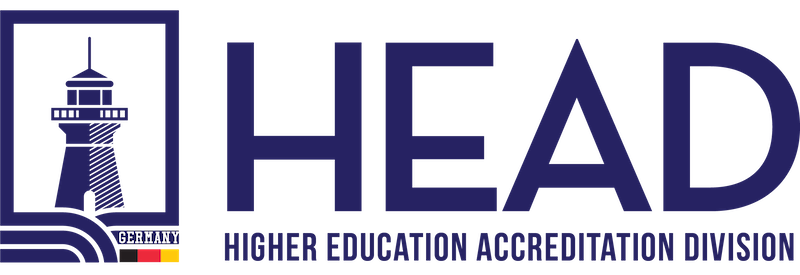The Crucial Role of Top Management in Ensuring the Effectiveness of an Educational Organization Management System

Introduction
In today’s dynamic educational landscape, the effective management of educational organizations has become paramount to providing quality education and fostering a conducive learning environment. One of the cornerstones of success lies in the leadership and commitment demonstrated by the top management of these institutions. Top management’s accountability for the effectiveness of the Educational Organization Management System (EOMS) sets the foundation for achieving organizational goals, enhancing performance, and driving continuous improvement.
-
Leading by Example
Effective leadership from the top is a prerequisite for the successful implementation of any management system. Top management should lead by example, showcasing their commitment to the EOMS through their actions and decisions. By embracing the EOMS principles and practices, top management creates a culture of responsibility, accountability, and excellence that permeates throughout the organization.
-
Setting Clear Objectives and Expectations
To drive the effectiveness of the EOMS, top management must establish clear and measurable objectives that align with the institution’s vision and mission. These objectives should be communicated to all stakeholders, ensuring that everyone understands their roles in achieving the desired outcomes. Top management’s commitment to these objectives encourages employees to be proactive in contributing to the organization’s success.
-
Allocating Resources Appropriately
Top management plays a pivotal role in allocating resources, including finances, personnel, and infrastructure, to support the EOMS implementation. Adequate resources are essential for the successful execution of various educational processes, such as curriculum development, teacher training, student support services, and technological advancements. By investing in the EOMS, top management exhibits its dedication to providing a conducive and enriched learning environment.
-
Monitoring and Reviewing Performance
Accountability for the effectiveness of the EOMS also entails regular monitoring and review of key performance indicators (KPIs). Top management must establish a robust monitoring mechanism to assess the progress towards achieving set objectives. Regular reviews enable the identification of strengths and areas for improvement, allowing top management to make data-driven decisions and take corrective actions promptly.
-
Fostering a Culture of Continuous Improvement
Continuous improvement is at the heart of an effective EOMS. Top management should actively encourage a culture that promotes innovation, creativity, and a willingness to adapt to changing educational demands. By acknowledging and rewarding contributions to improvement initiatives, top management motivates the entire organization to proactively seek better ways of achieving educational excellence.
-
Engaging with Stakeholders
Top management’s commitment extends to actively engaging with all stakeholders involved in the educational process. This includes students, parents, teachers, support staff, and the local community. By fostering open communication channels, top management gains valuable insights into the needs and expectations of stakeholders, enabling them to make informed decisions that benefit the entire educational community.
Conclusion
In conclusion, top management’s leadership and commitment are integral to the effectiveness of an Educational Organization Management System (EOMS). By being accountable for the EOMS’s implementation and outcomes, top management sets a powerful example for the rest of the organization to follow. When top management demonstrates a genuine dedication to educational excellence, allocates resources wisely, monitors performance diligently, fosters continuous improvement, and engages with stakeholders, it creates a vibrant and thriving educational environment that benefits all involved parties. An effective EOMS not only ensures the success of the educational institution but also contributes to the holistic development of its students, preparing them to excel in a rapidly changing world.
Would you like to speak to one of our Higher Education Accreditation Expert? Just submit your details and we’ll be in touch shortly. You can also email us if you would prefer.

